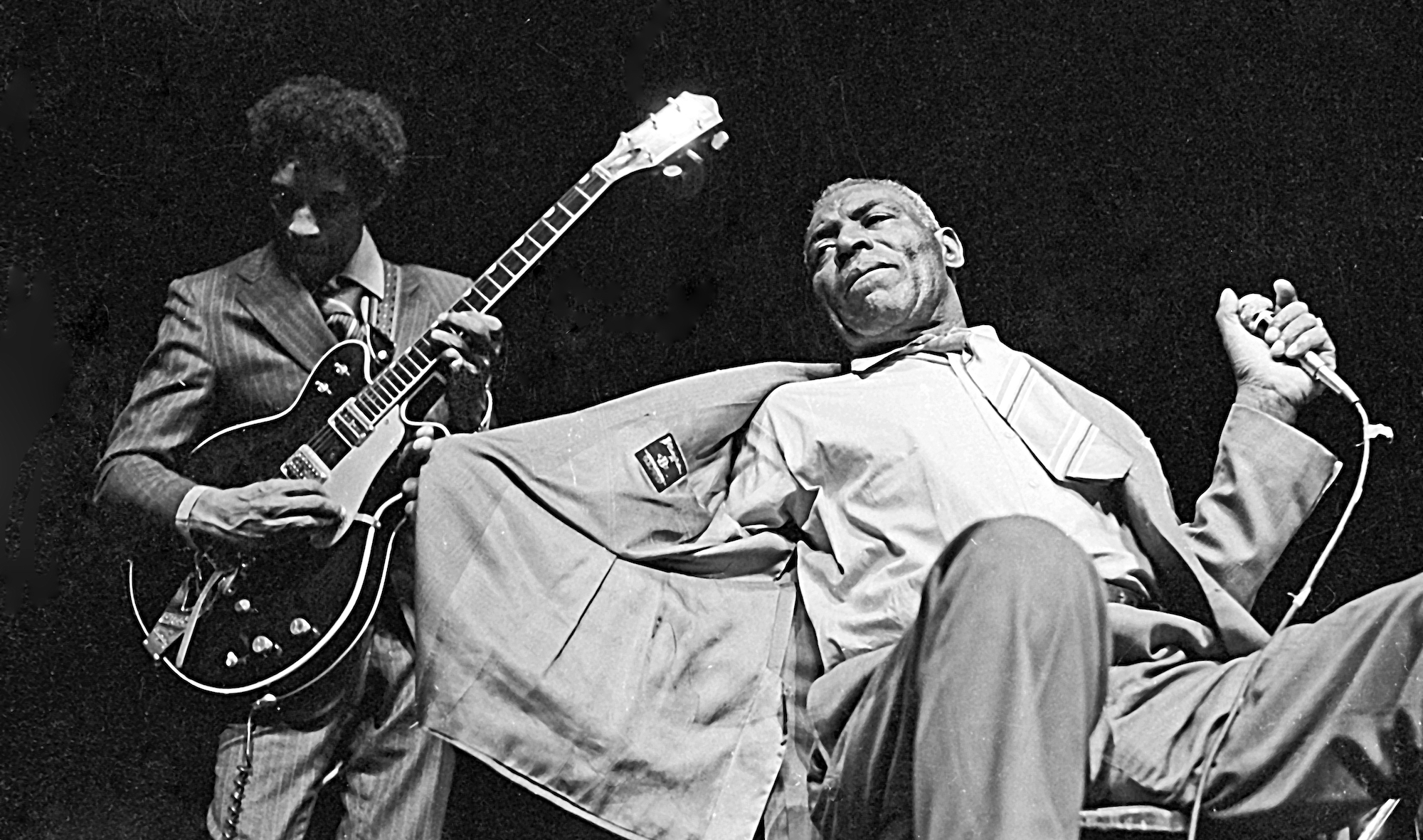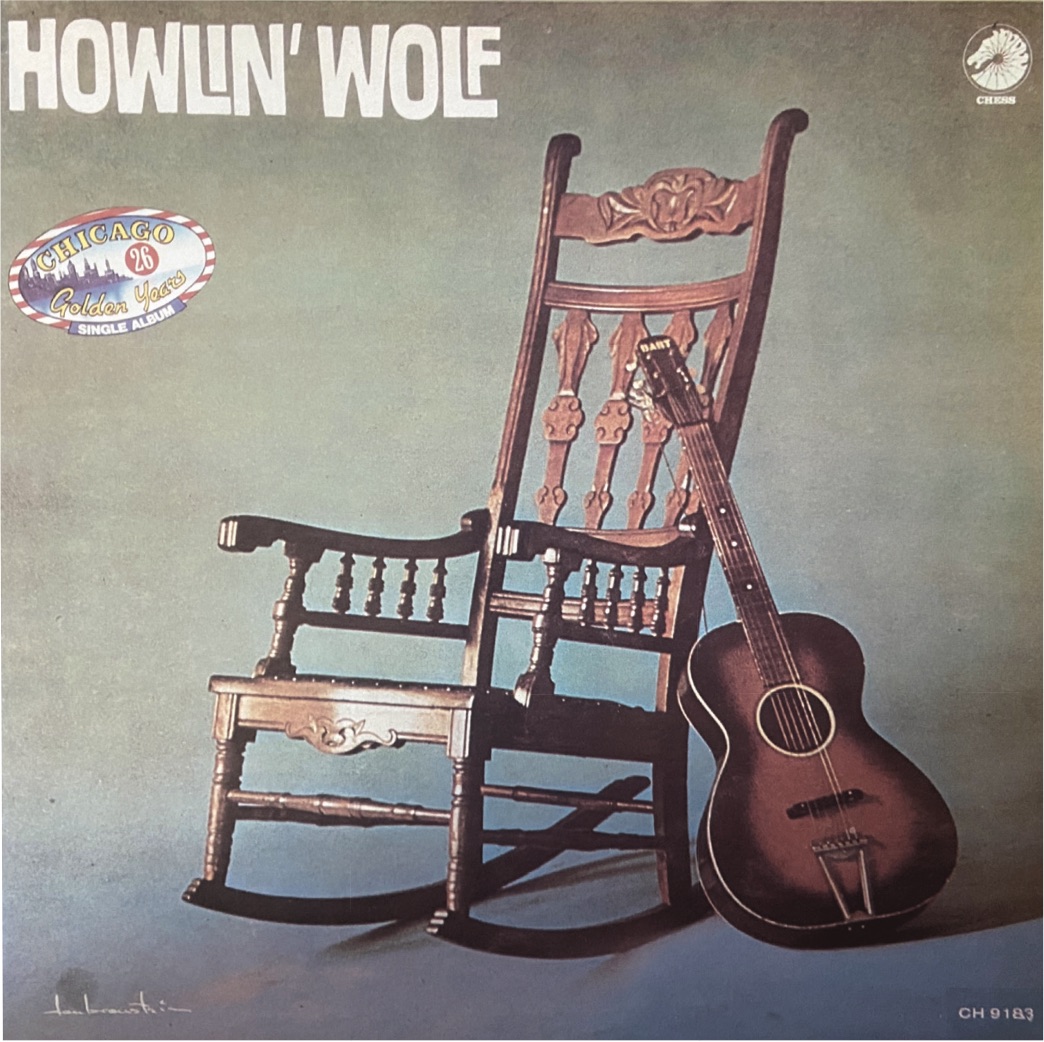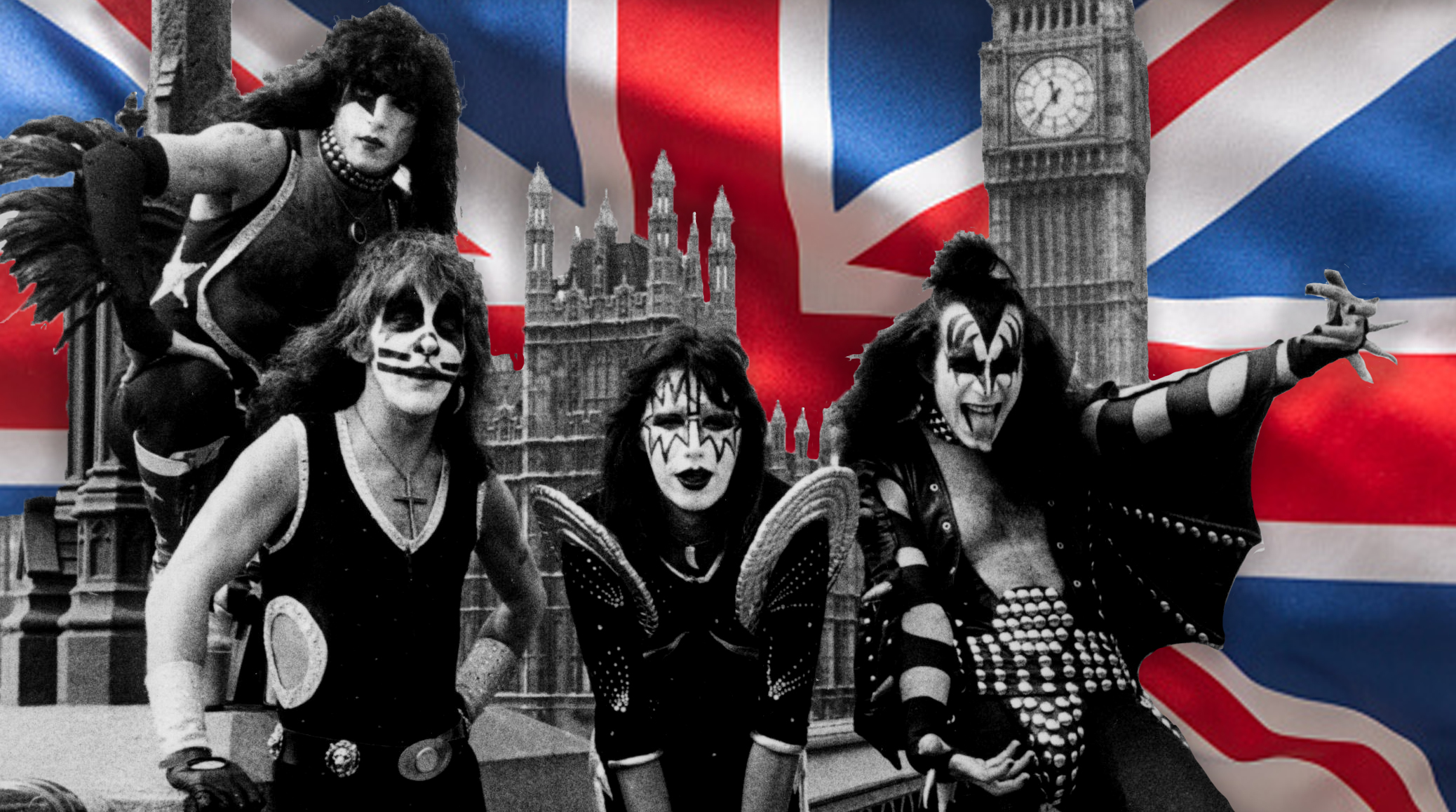Why Howlin’ Wolf's Landmark 'Rockin’ Chair Album' Remains One of the Greatest Blues Records of All Time
Featuring Hubert Sumlin, Buddy Guy, and a host of other legendary musicians, this 1962 Chess compilation is a reminder of what real blues is all about.

I often ask my students, “What does love sound like? What does hate sound like? What does humiliation sound like?” More often than not, they’re stymied by this task. I tell them, “There’s no wrong answer!” and urge them to say something personal, to be brave on their instrument and express the intangible.
In short, I urge them to follow the example of the music contained on Howlin’ Wolf, which is the sound of someone crying, “I’m alive!”
Born Chester Arthur Burnett in 1910, Wolf was influenced by seeing Charlie Patton play and by hearing Blind Lemon Jefferson, Ma Rainey, and Lonnie Johnson, to name a few. His music sounds drenched in danger and overflows with raw sexuality, qualities exemplified on this long-player, which is also known as the 'Rockin’ Chair Album' after its cover photo.
Originally issued on Chess in 1962, the LP is a collection of iconic singles issued between June 1957 to December 1961, and to my ears these sides are as fine as blues can be. The tracks feature the brilliant guitar work of Hubert Sumlin, as well as a who’s who of blues sidemen, including pianist Otis Spann, bassist Willie Dixon, drummer Sam Lay, and a slew of guitarists (among them, Buddy Guy) and other contributors.
It’s easy to be confused about who’s playing when you have so many great musicians, but Sumlin’s guitar provides a voice equally as distinct as Wolf’s. Sumlin’s sound and phrasing leap out on equal footing with Wolf’s growling vocal style. I can’t imagine what it would have been like to see this group live. I would probably have to start throwing chairs and tables.

Every track on this LP is fantastic, but I’ll summarize with a few cuts.
Side one starts with “Shake for Me,” which might be my favorite Wolf track ever. The groove is infectious and somehow otherworldly. The message is predominantly X-rated and Sumlin's solo is full of quirky hooks and filled with sweeps, slides, and vocal-like bends. It’s a masterpiece. As usual, Wolf combines poetry and melody, and the result is frighteningly hair-raising.
“Wang Dang Doodle” is another personal favorite, a Willie Dixon original on which the group showcases its high-level ensemble playing. Every part the musicians play demands attention, and they fit together like a jigsaw puzzle. Here again, Sumlin’s guitar solo and fills sound glorious and contemporary.
Side two’s “Howlin for My Baby” is another example of great ensemble playing that has the mindset of a hit, with an insistent hook that drills home. It’s played with a looseness that is perpetually infectious, but it’s dripping with humanity and a sound that remains fresh even today.
Add in the tracks “Red Rooster,” “Spoonful,” and “Little Baby,” among many others, and you have what is simply one of the greatest blues records of all time.
Outside of this column I’m leery to write any opinion. There’s a lot of noise out there, so before I write anything on social media, I ask myself why my opinion matters, and 99 percent of the time I conclude it doesn’t matter whatsoever.
Why share my dissatisfaction with the army of white dudes playing the blues, or ponder why a guy shredding pentatonics on a Paul Reed Smith doesn’t sound “blue” to me at all? It’s like watching a bullfighter with a padded crotch strutting in a bull ring without a bull. But there’s an answer for those of us who want to experience the blues at its best, and in a dramatic arena where it sounds vital.
It’s here on Howlin’ Wolf, where Wolf and Hubert Sumlin remind us on cut after cut what real blues is all about.
Get The Pick Newsletter
All the latest guitar news, interviews, lessons, reviews, deals and more, direct to your inbox!
Jim Campilongo has 14 critically acclaimed instrumental records available on vinyl, CD and digital download here.
"It’s as if all of Jeff Beck’s genius is right here on one album. There’s a taste of everything.” Joe Perry riffs on Beck, the Yardbirds and "The 10 Records That Changed My Life"
"Shredding is like talking a foreign language at 10 times the speed of sound. You can't remember anything." Don Felder reveals the unlikely influence behind his iconic guitar solo for the Eagles' “One of These Nights”












